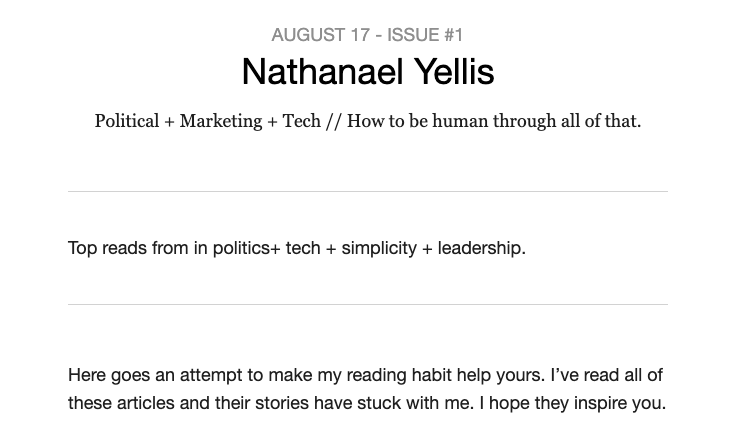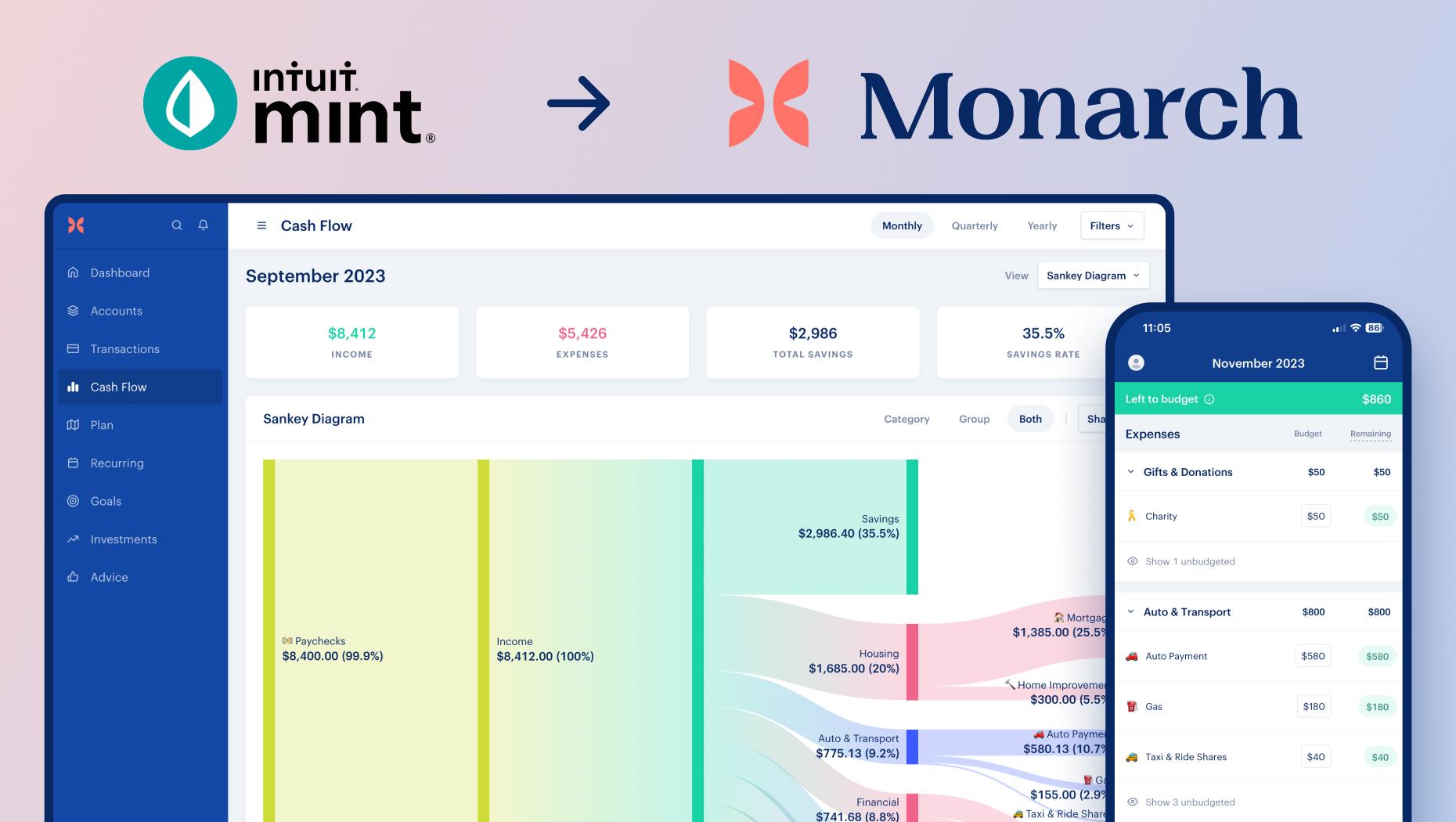Things that don't last - Issue #366

This morning, I reviewed the last year's worth of posts on my site. Most of the posts were these weekly emails; I also published a few longer form articles. A year ago yesterday I published a retrospective: a requiem for Revue.
Revue was a cheap, single-purposes web app: it allowed folks like me to quickly send nice-looking, link-filled emails to our friends. It had some nifty features, like a web archive of the emails and, for those really into it, the chance to charge money for the emails. I was a very early user, with the excellent legacy price of free. After a few years in the wild, Revue was acquired by Twitter; after a few years as Twitter's newsletter platform, Revue ended.
I wrote at the time that the internet lets you launch things pretty fast but often misses the incentive to keep things going. Even though they charged money for it, the Revue founders made more money selling it than running it.
The lack of incentive to continue on is even more a reality for free services: when your attention or your data is the product, there's precarity in your relationship with the service. Anyone who's ever tried to get real help from Facebook, Google, or the like knows what I mean: unless you pay a lot of money for ad space on the platform, they won't pick up the phone. Anyone who's liked the way something works only to see it change the next time knows this deeply. Remember Google Reader?
My most trusted free service, since roughly 2008, has been Mint.com. It was a cash flow management and budgeting tool, one of the first to nicely grab transactions from a variety of sources and allow the user to keep track. I used it as a grad student trying to make a small pile of money last for a year; we used it to help make our tiny non-profit incomes cover a D.C. lifestyle; it's helped us save for things like house-buying, child-raising, and more. All the while: it was free.
Mint's ingestion of our expenses and income and its budgeting tools were invaluable for years. All it asked for in exchange was our data. Like everything in the venture-funded, free-online service world, Mint is brought to you by ads. It gave you the expense, tracking, budgeting, and long-term planning tools in exchange a somewhat-annoying set of offers. While making ends meet, you could open a new savings account, apply for a credit card, consolidate some loans, or get an insurance quote. The Mint screens were pretty busy.
But for a software designed for frugal people, Mint's approach on offers and advertising as a way to make money never really worked. The expense hawks probably aren't your best market for new credit cards or personal loans. I must've seen thousands of offers. Not only did I never take advantage of one, I can’t recall ever even clicking from the Mint website to an advertiser's.
A while ago, the giant Intuit bought Mint as an attempt to break into the free-tools space. I think it was a strategy to acquire a built-in audience for their Turbotax and similar tools. Perhaps this never really worked. They certainly didn't invest in that many new features. They announced they were gonna pull the plug.
Intuit's replacement is a free service called Credit karma. When you connect your financial accounts, it spits back your credit score, net worth, and ideas to improve both. Those ideas feature offers for credit cards, new accounts, debt refinancing insurance and the like. There's no cash management or budgeting to speak of. One imagines that Intuit sees the people using Credit Karma as a better audience for these offers. The expense tracking, budgeting, and annual review tools that brought me to Mint are no more.
In hunting for a new tool, I aimed for a paid service. As much as I needed free tools when I was a poor grad student, I've learned that the half life for these isn't very long. I don’t want to be in another spot where my data is monetized to provide for the service; I'd like to be a profitable customer for the service, so its owners are inspired to keep it alive. That's how businesses last.
A year ago, I switched from Revue to HubSpot; this month we switched from Mint to Monarch. Here's hoping both stand the test of time.
Reading
Goodbye Revue, Hello HubSpotIt’s tough to have a service you like close. The online product people always write that shutting a service down is a hard choice to make. The internet lets you launch things pretty quickly and it doesn’t incentivize keeping things going. |
|
Mint is shutting down. What should Mint users do now?Thoughts from Mint's first product manager and CEO of Monarch. |
|

